Car club operators are warning electric vehicles (EVs) are becoming increasingly unaffordable to run and maintain, with plug-ins costing £6,000 more per year compared to a petrol equivalent.
It comes as new figures show that the proportion of plug-in vehicles within UK car club fleets has fallen for the first time.
The new data, from national shared transport charity Collaborative Mobility UK (CoMoUK), shows that in 2024, EVs made up 30% of the car club fleet.
However, a year earlier, the figure stood at 35%, and is the first time on record that the share of EVs within car clubs has fallen.
The proportion of EVs within car clubs is still far greater than among private owners, where the figure is only 4%, but the charity says that this promising progress is being hampered by rising costs.
The trend is being driven by increasing costs faced by operators, including higher electric charging fees and changes in both national and local Government policies.
Richard Dilks, chief executive of CoMoUK, said: “The fall in the proportion of electric vehicles within UK car club fleets is unprecedented and concerning, and illustrates the intense cost pressures being faced by operators.
“Car clubs have led the way in the shift to electric, and when you consider that only 4% of privately-owned vehicles are EVs, they are still way ahead in this regard.
“However, there is a risk that this good progress will be lost unless action is taken at both a local and national level to ensure that operators aren’t being unfairly penalised.”
He added: “We urgently need more dedicated car club parking bays with charging stations, as well as a range of discounts and tax exemptions, if we are to encourage this growing sector to be as green as everyone wants it to be.”
A new briefing on the issue from CoMoUK shows that the cost of running and maintaining a car club EV is now around £6,000 per year higher than a typical petrol car in the same fleet.
The charity is warning that unless action is taken at a national and local level, it will be much more difficult for car clubs to achieve the reduction in emissions that operators want.
The CoMoUK briefing puts the extra annual cost associated with running a car club EV at £6,276, due to a range of factors.
For example, car club EVs cannot benefit from the discounted 5% VAT rate for domestic electricity enjoyed by people who own a vehicle and charge it at home.
They have also been exposed to the sharp increases in costs at public charging points seen over the past few years.
At the same time, it says that the savings associated with EVs are diminishing.
As of April this year, operators must pay Vehicle Excise Duty (VED) on each car, where previously no tax was charged.
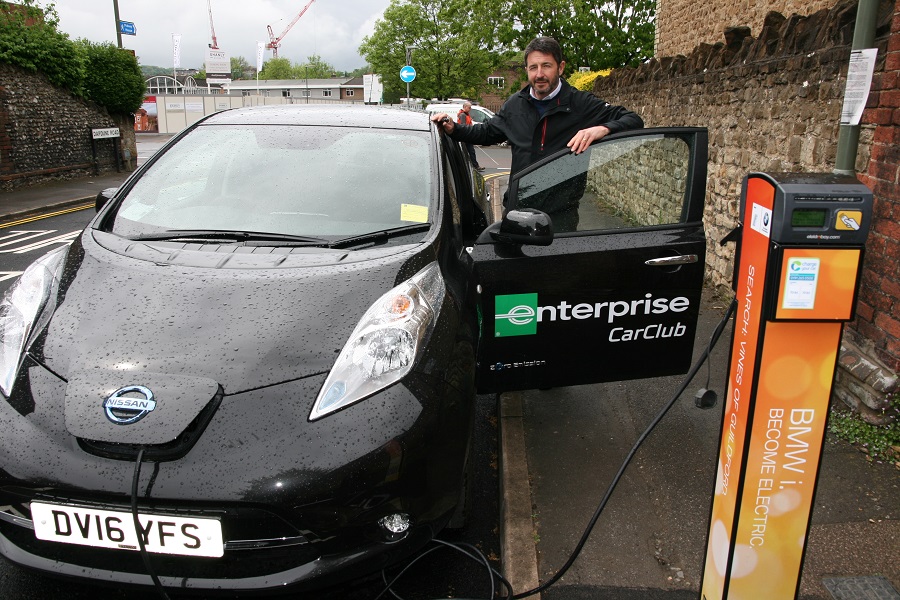
Dan Gursel, head of Enterprise Car Club UK, said: “Car clubs already play a role in delivering mobility and environmental benefits for local residents and businesses.
“As EV consumer adoption and familiarity slowly increases, cost considerations will be vital in shaping car clubs that effectively cater to community needs.
“EVs tend to have higher costs compared to internal combustion engine vehicles, underlining the importance of Government support and collaboration to further support adoption within car clubs.”
CoMoUK research also suggests that some car club users are more reluctant to use an EV than a petrol car, partly due to concerns about charging, range and a general lack of understanding about how they work.
Richard Falconer, founder of Co Wheels, said: “We are committed to increasing the number of electric vehicles in our fleet, but Government rules on electricity pricing hold us back and cost our members money.
“EV owners pay as little as 7p per kWh for electricity on cheap domestic rates, but we pay seven to 10 times that amount, so our charges to members have to cover that extra cost.
“We want to use more EVs due to the environmental benefits, but they cost more to run than petrol vehicles, as the Government adds VAT at 20% for commercial electricity instead of the 5% VAT on domestic electric. Plus, there is no price cap on commercial electricity to keep prices down.
“This discriminates against our members who choose to give up their vehicles to use shared cars.
“They pay much more than EV owners, so if the Government wants to encourage the switch to electric vehicles, they need to change the rules to make pricing the same as EV owners who charge at home.”
Marc Roberts, chief technology officer at Hiyacar, added: “The transition is being slowed by a persistent affordability gap. Until EVs become more cost-competitive, we risk delaying the full environmental benefits they can deliver.
“Car clubs already operate on razor-thin margins, and this gap is a huge barrier, preventing the transition to EVs and stopping people from realising the long-term benefits.”

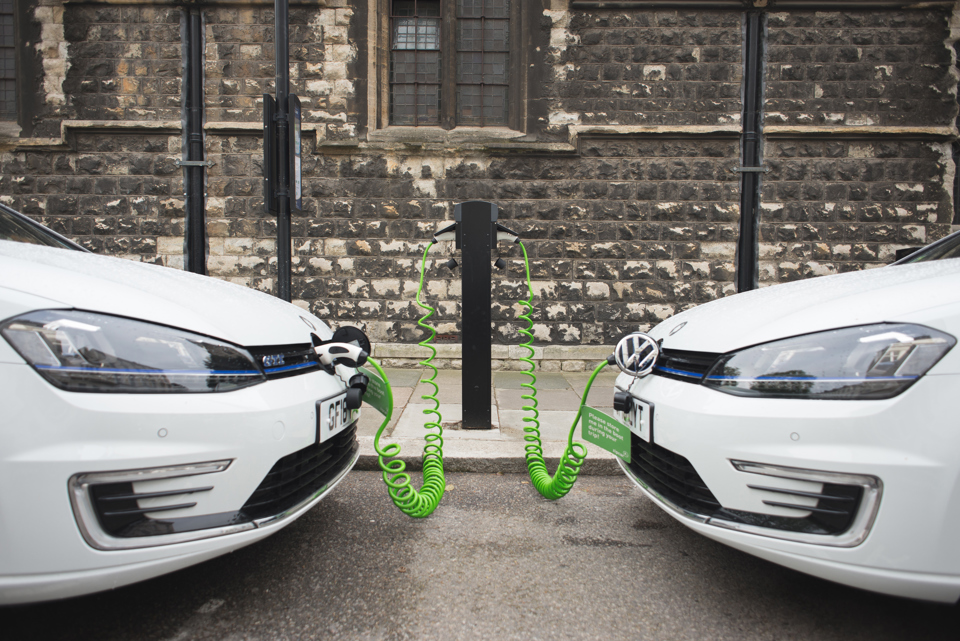
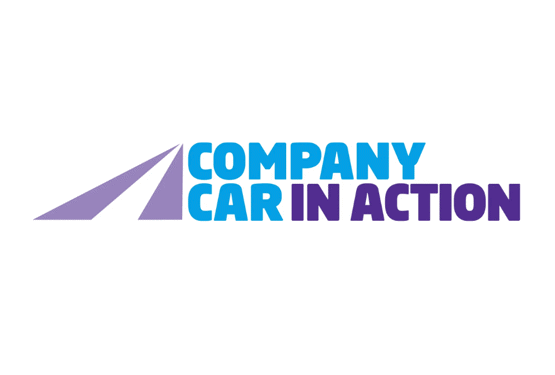



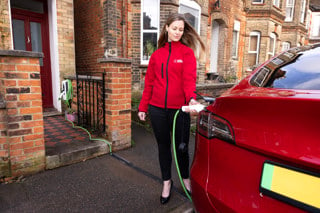
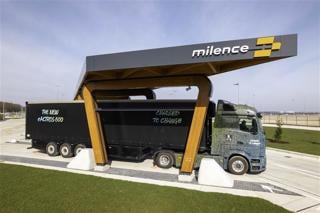
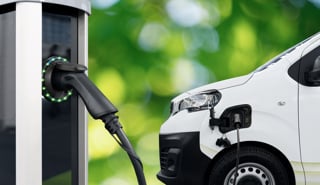
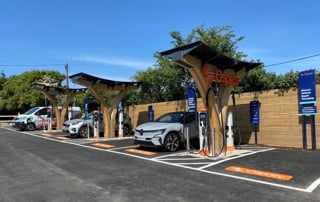













Login to comment
Comments
No comments have been made yet.